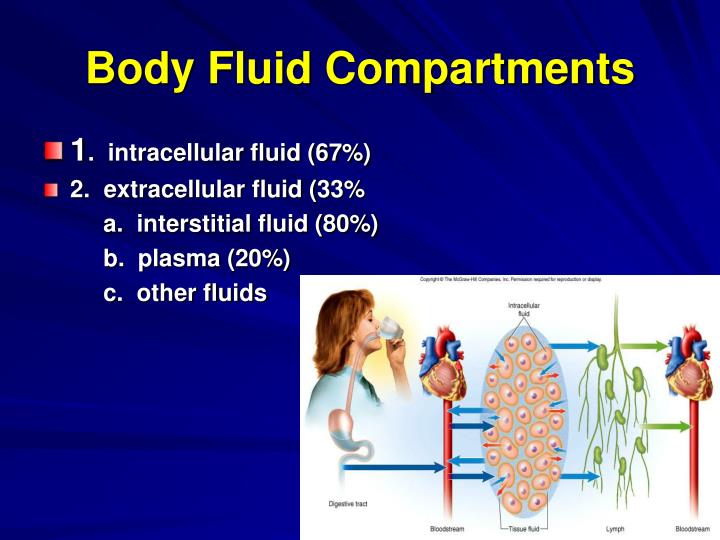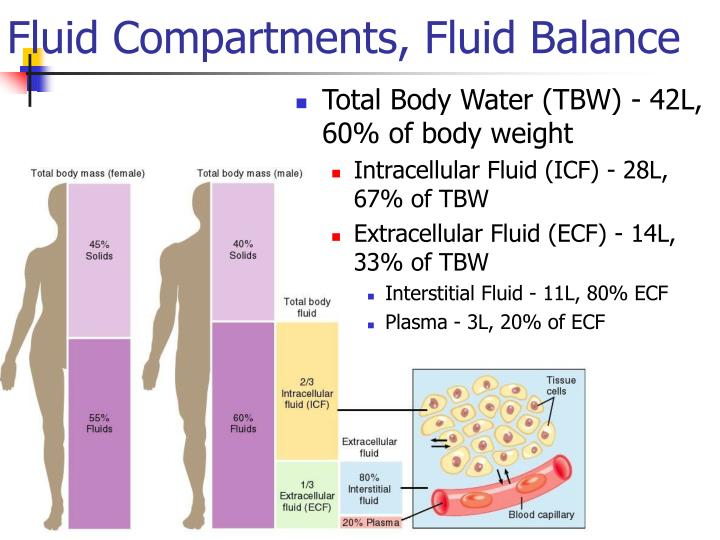
What is malnutrition, and who is at risk? Learn more here. This is due to fluid retention in the bodily tissues. Symptoms include a loss of muscle mass and an enlarged abdomen.

When a person is severely malnourished, they may develop kwashiorkor. When a person has a severe protein deficiency, it may be harder for the body to move interstitial fluid back into the capillaries. MalnutritionĪlbumin is a protein that helps the human body manage fluids. Obesity also increases the risk of metabolic syndrome, which includes type 2 diabetes, high blood pressure, and other health issues. Obesity also increases the risk of high blood pressure, kidney disease, and heart disease, all of which can result in edema. People with obesity may experience swelling due to the extra weight they carry. practice exercises, such as raising and lowering the feet or rotating the ankles.Underuse can cause the calf muscle pump to lose strength. People with mobility problems or a sedentary lifestyle can develop edema in the lower legs. This is a type of high blood pressure that can harm both the mother and the fetus.Īnyone who experiences headaches, vomiting, pain under the ribs, vision problems, along with increased swelling during pregnancy, should seek immediate medical attention. If the swelling suddenly becomes more severe, however, it may be a sign of pre-eclampsia. This is not usually dangerous, and it mostly resolves after delivery. Hormonal changes and carrying extra weight in the abdomen can also contribute. Pregnancyĭuring pregnancy, the body holds more water than usual, leading to swelling in the lower limbs - especially during hot weather or after standing for a long time. People with chronic kidney disease, for example, may notice swelling in the lower limbs, hands, or face. The fluid will therefore stay in the body. If the kidneys do not work properly, they cannot remove waste material, including fluids and sodium. The bloodstream reabsorbs anything the body can reuse and removes the waste in the urine. Waste, fluids, and other substances pass into tiny tubules in the kidneys, which act as a filter. The kidneys filter the blood and help maintain fluid levels in the body. Learn more about all forms of cancer in our dedicated hub. This can cause swelling in various parts of the body, including the abdomen, ankles, legs, and feet.Ĭancer, infections, and blockages can all cause problems with this system. If a problem prevents the lymphatic system from working properly, fluid can build up around the tissues. As the lymphatic system delivers and reabsorbs lymphatic fluid, it also helps the body maintain fluid balance. It helps the immune system defend the body against infection. Lymph is a fluid that contains white blood cells. The lymphatic system carries lymph through the body. There may be swelling in the legs, feet, and ankles, as well as fluid in the lungs, which can result in long-term cough or breathing difficulties.Įventually, congestive heart failure can lead to breathing problems and stress on the heart. If a person’s heart stops working effectively, their blood pressure will change. The pumping action of the heart helps maintain normal pressure within the blood vessels. Some people experience this type of edema because they have a rare condition known as systemic leaky capillary syndrome.

If the capillaries cannot reabsorb the fluid, it will stay in the tissues, causing swelling and water retention. If these problems occur, too much liquid can leave the capillaries and enter the spaces between cells. Possible problems include changes in pressure inside the capillaries and the capillary walls becoming too leaky. If the capillaries sustain damage, edema can occur. After delivering the nutrients, the fluid returns to the capillaries. This fluid, called interstitial fluid, supplies nutrients and oxygen to cells. Some medications, such as those for high blood pressure, can cause damage to the capillaries.Ĭapillaries deliver fluid to surrounding tissues. Capillary damageĬapillaries are tiny blood vessels with a key role in managing fluid balance in the body. If there is a problem with any of these parts, the body may be unable to expel fluid as it should.


Hormonal factors, the cardiovascular system, the urinary system, the liver, and the kidneys all play a role. The human body uses a complex system to regulate its water levels. Share on Pinterest Thomas Barwick/Getty Images


 0 kommentar(er)
0 kommentar(er)
